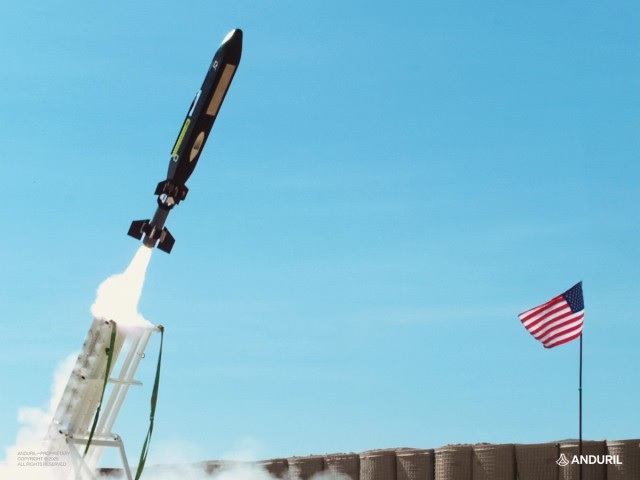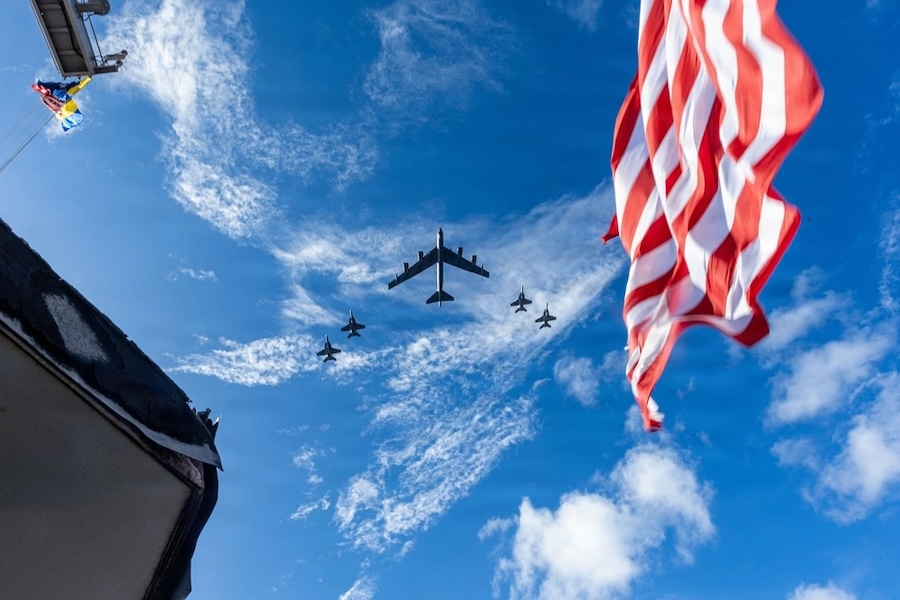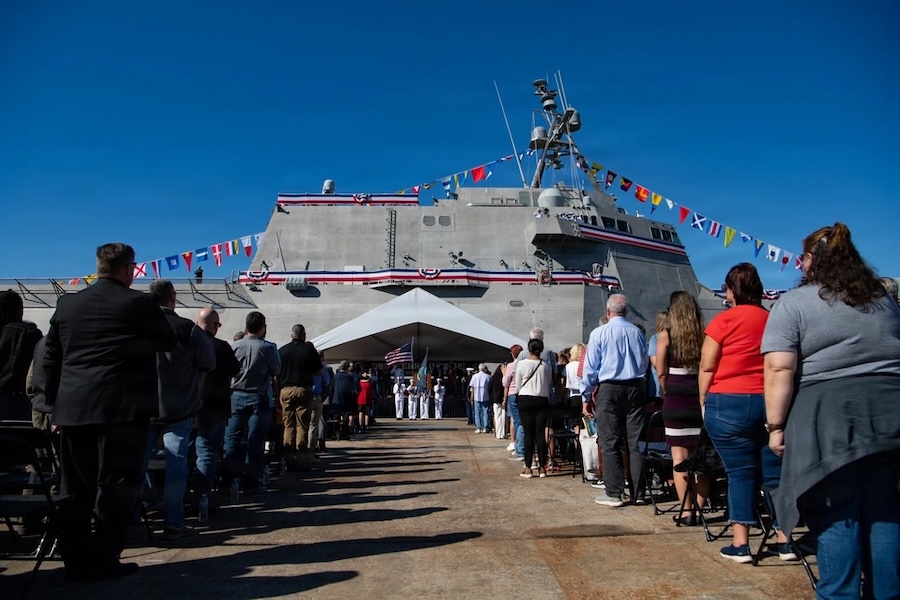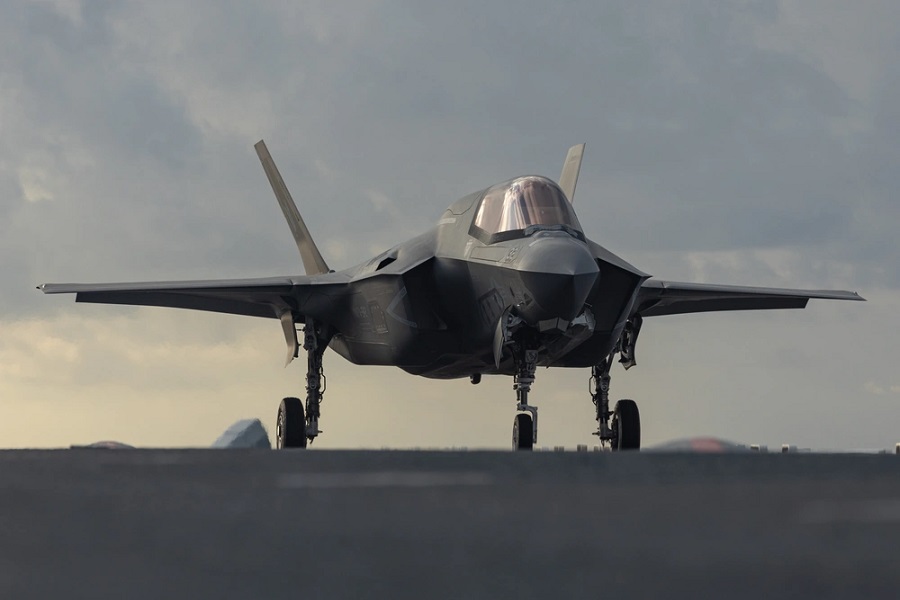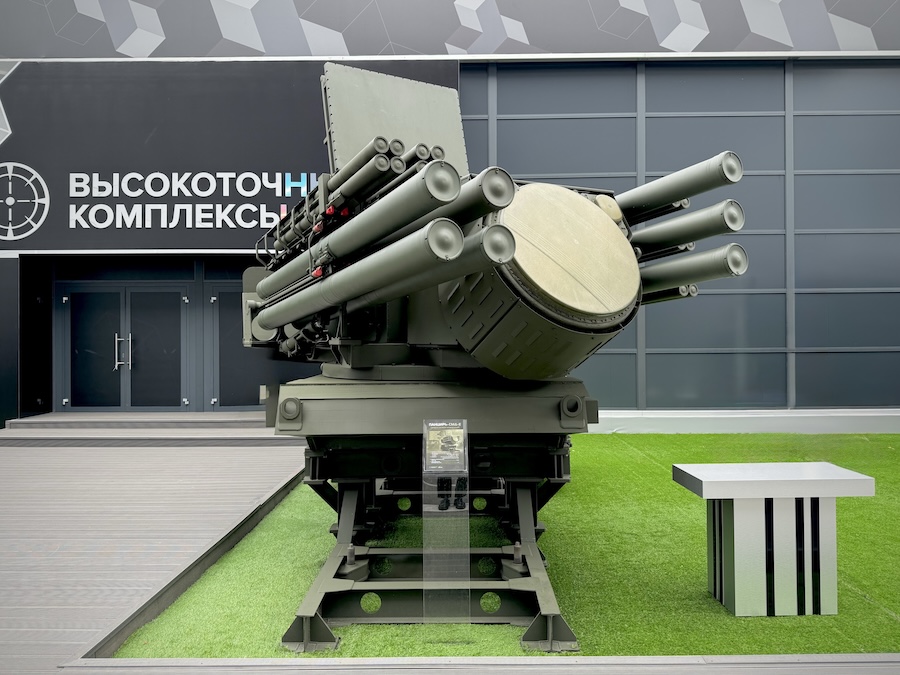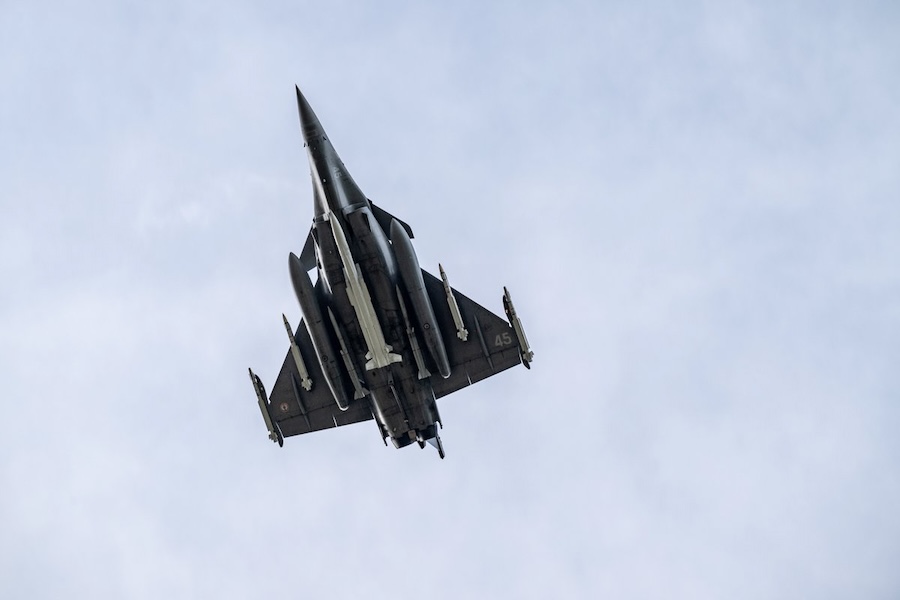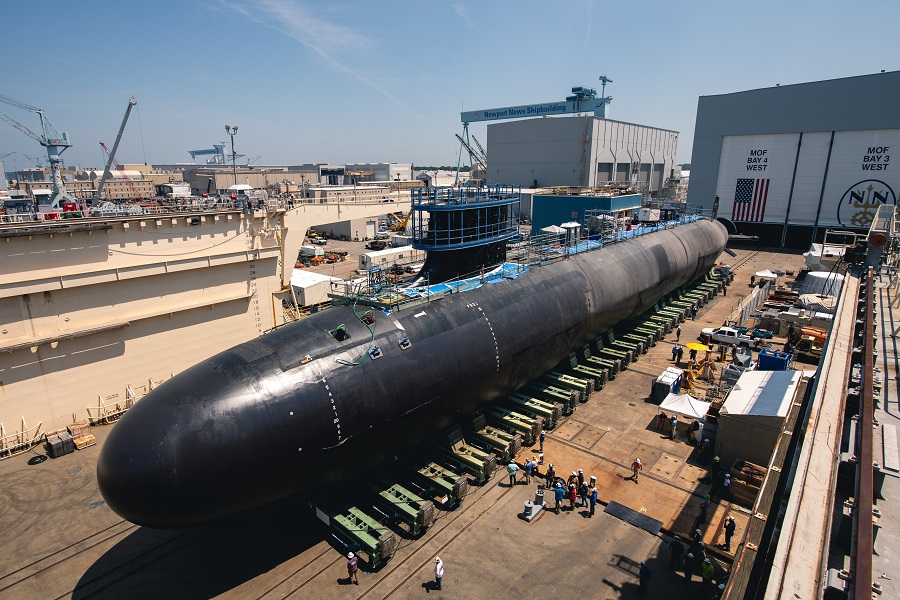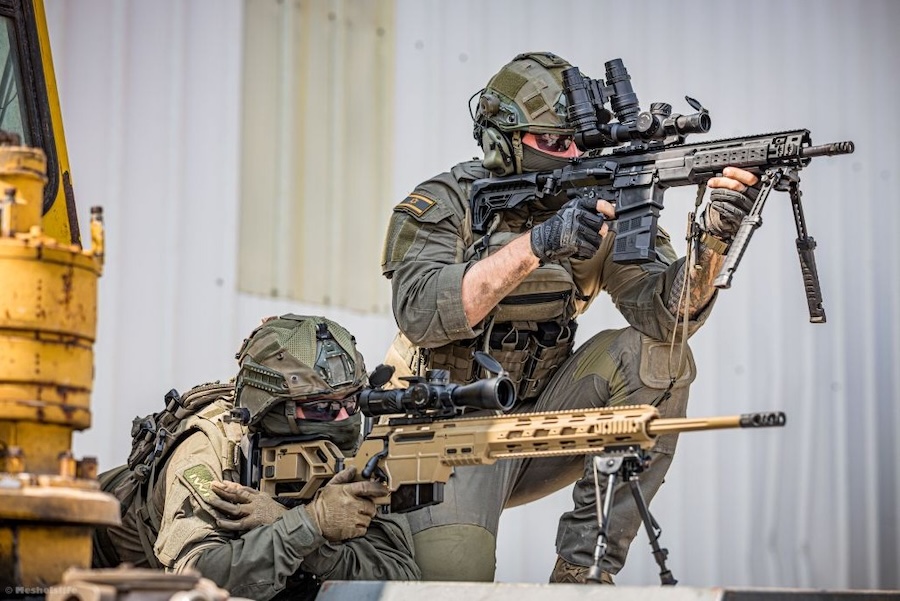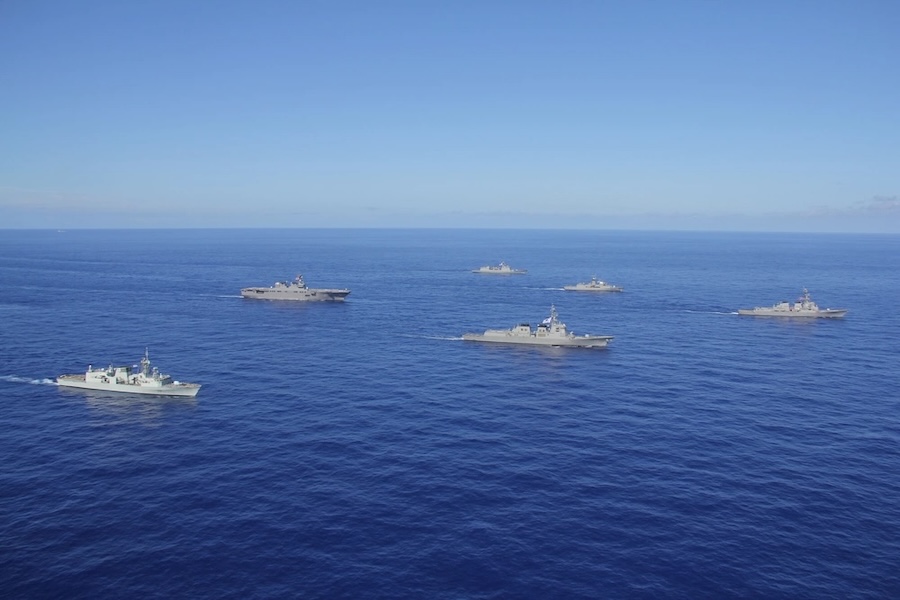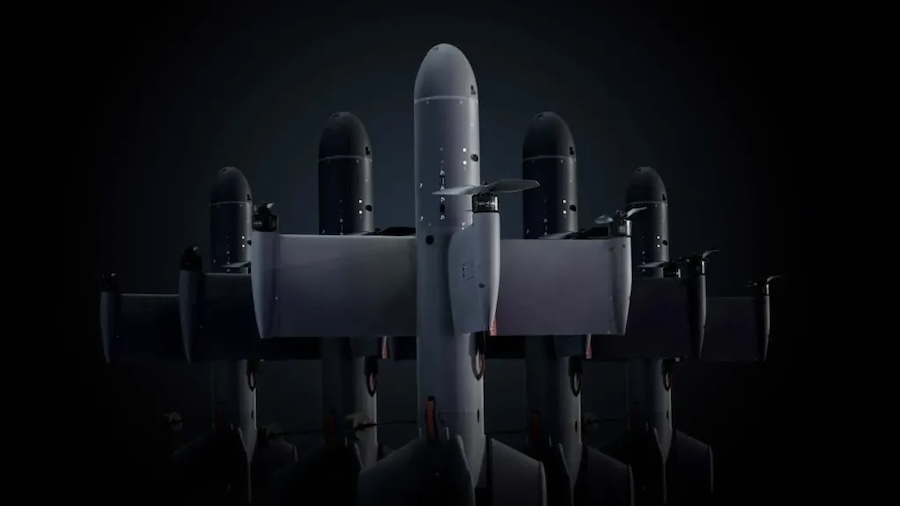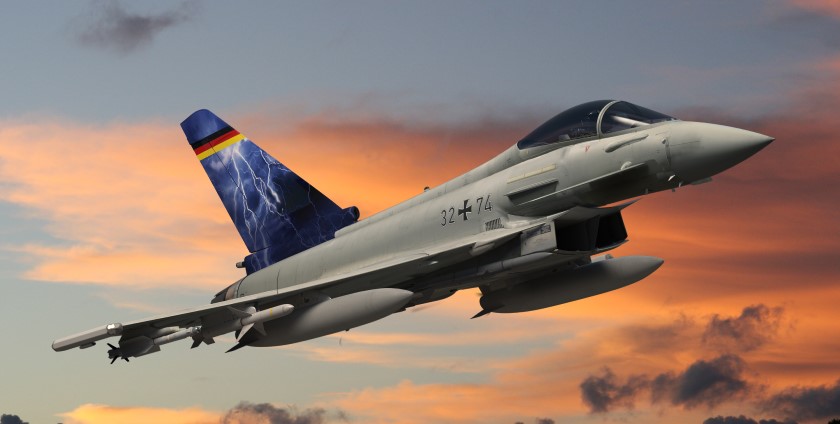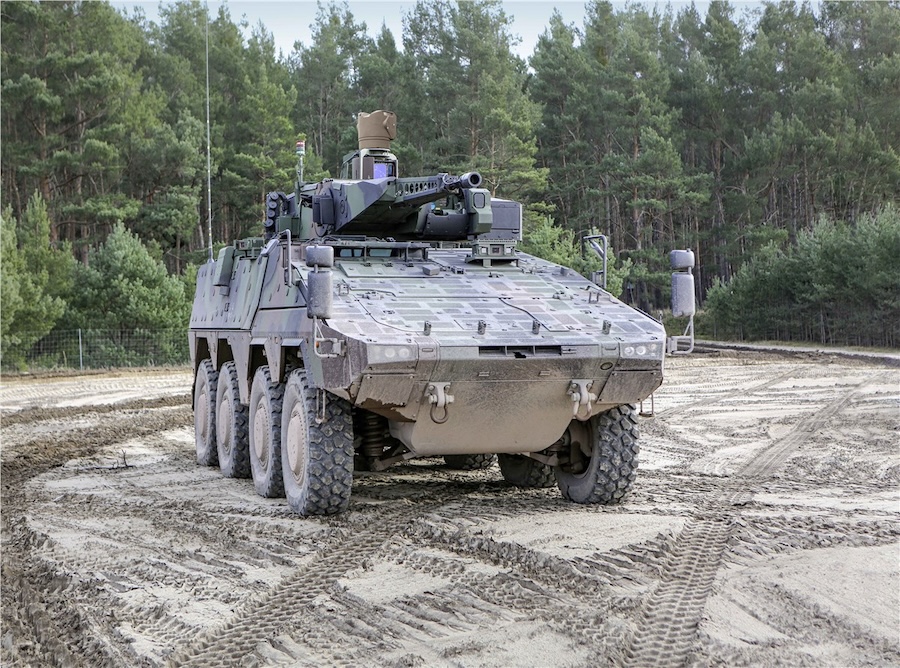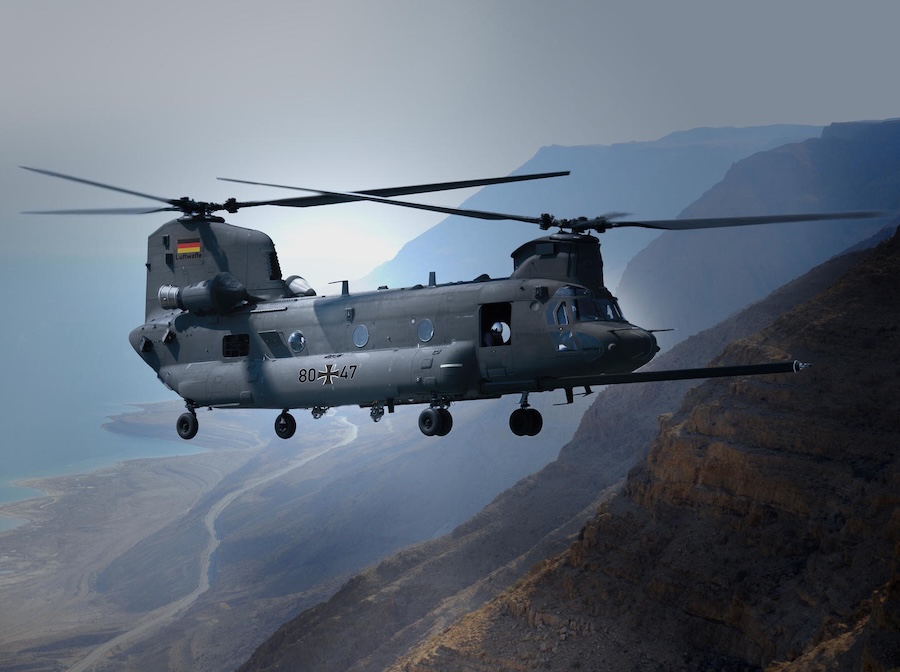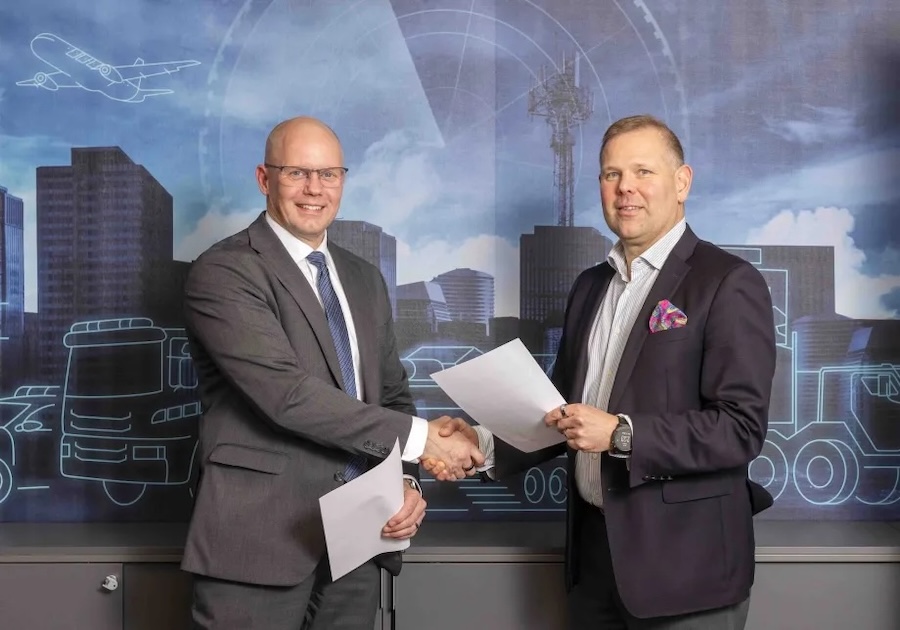“The U.S. and our allies are facing a critical gap in our long range precision fires capability. To be blunt, existing solutions are too expensive, too exquisite, and too hard to produce,” the company said. “To deter our adversaries, the U.S. and our allies need an affordable, mass-producible way to project power over long distances, and they need it now.”
Successful test of a prototype surface-launched Barracuda-500.
We’re investing our own resources to deliver more affordable, producible, and flexible long range precision fires to the U.S. and our allies. pic.twitter.com/nwhc5EctC0
— Anduril Industries (@anduriltech) September 23, 2025
The Barracuda family of autonomous air vehicles and cruise missiles was developed in response to what Anduril described as a fundamental problem. “The United States needs an order of magnitude more weapons than we have today, and we need them to be more producible, intelligent, flexible, and affordable than current options,” the company stated.
Anduril has previously announced successful pallet launches of Barracuda-500 for the U.S. Air Force’s Enterprise Test Vehicle project, and lug launches of Barracuda-100M for the U.S. Army’s High-Speed Maneuverable Missile programme. The surface-launched variant represents the next stage in the development of the system.
The company explained that developing the surface-launched Barracuda-500 required only minimal modifications to the baseline platform. “We did not conduct a full redesign of the platform to unlock surface launch — the solid rocket motor-powered booster that launches it airborne is a simple kit that attaches to the tail of Barracuda-500,” Anduril said.
According to the company, the booster kit is compatible with motors produced by U.S. or allied suppliers, addressing potential supply chain bottlenecks. In addition, more than 90 per cent of parts are common across all Barracuda-500 variants, allowing production to take place on the same lines and by the same technicians.
By the end of next year, Anduril expects to produce high single-digit thousands of Barracuda-500 units annually, regardless of variant or launch method. This is intended to meet short-term production demands and provide flexibility for customers’ procurement strategies.
The company added that surface-launched Barracuda-500 is being designed with integration into existing systems in mind. “In order for surface-launched Barracuda-500 to be truly additive to our current forces, it is imperative that the system is built with existing infrastructure in mind,” Anduril said. “Thus, we are designing our launch system to support integration with fielded launch infrastructure like HIMARS, Harpoon, and Patriot, or stacked and fielded in commercial shipping containers.”
The firm described this approach as unlocking “multi-domain massed effects without introducing a massive update to doctrine, training, and logistics for the warfighter.” It emphasised that the capability is still under development but represents an affordable, flexible and scalable solution for long-range precision fires.
“There is much more to come on surface-launched Barracuda-500. This most recent test is just a moment in its development process,” the company said. “The end capability will ultimately provide the U.S. and our allies around the world with a new option for long range precision fires that is not only capable, but is also more producible, affordable, and flexible than existing solutions on the market today.”



